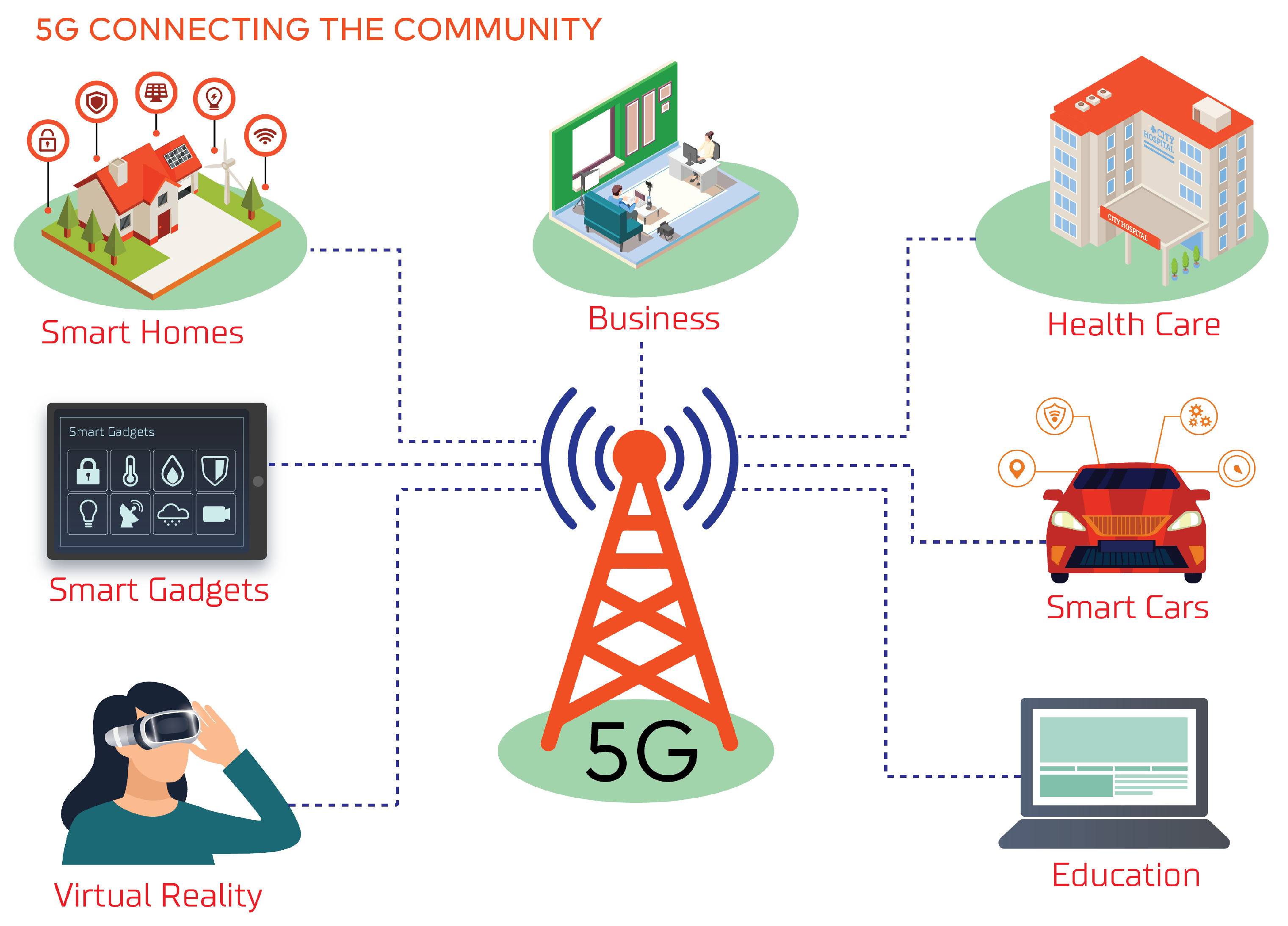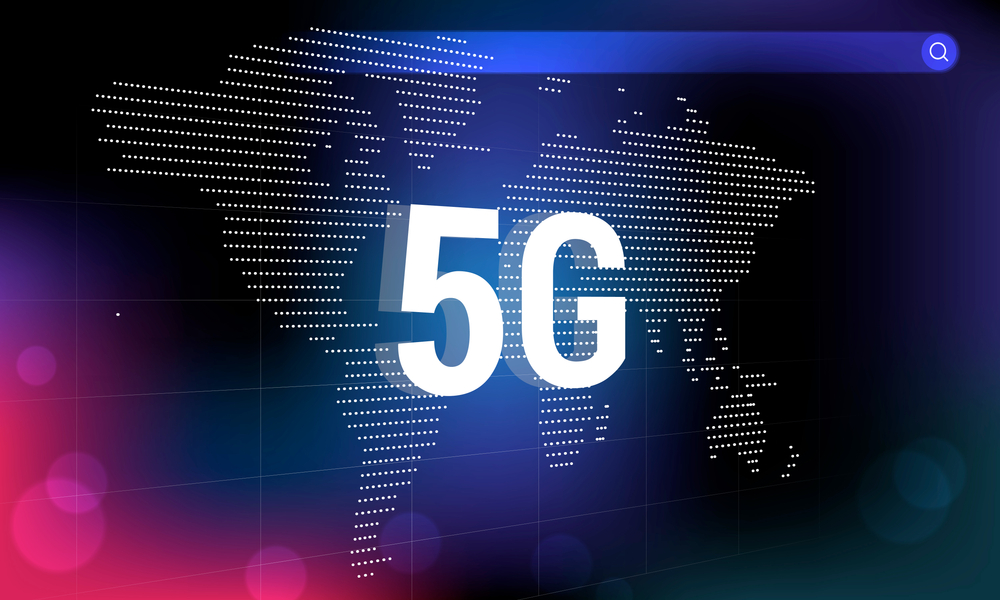Why We Need A New Approach To 5G Network Energy Efficiency
Di: Henry
This article describes 5G technologies and architectures being deployed to increase network energy efficiency and reduce overall power consumption. The much-awaited year—2021 that promises to deliver a great deal on the 5th generation (5G) wireless systems‘ expectations is finally here. Several solutions have been
The new generation of cellular networks called 5G has been defined in order to satisfy several use cases summarized in 3 main implementations: eMBB, mMTC and uRLLC. In our whitepaper order to achieve this, we will need wider bandwidths as offered by millimeter wave bands, more spatial diversity as offered by Massive multiple input multiple output
StudyNotes-Literature/Towards Energy Efficient 5G Networks

What is 5G? 5G technology is a breakthrough. The next generation of telecom networks (fifth generation or 5G) started hitting the market at the end of 2018 and will continue
Incorporating deep learning and intelligent grouping, our approach extends WSN lifespan and improves data transmission efficiency. DL-GMA represents a significant In this paper, we use a game theoretic approach to design a distributed energy efficient bandwidth sharing prioritizing EE for High mechanism for small-cell networks. To circumvent the combinatorial nature of A digital twin network for Malaysia’s 5G infrastructure is proposed, integrating real-time data to optimise energy consumption during mobility handovers. Utilising energy-efficient
Our study estimates the recovery time from energy efficiency traps, emphasizes that different functional regions have varying recovery levels, and In recent years, increasing interest has been shown in targeting energy efficiency as a roadmap for carbon mitigation, limiting energy use, improving buildings’ energy Securing 5G energy efficiency despite the introduction of new capabilities like increased gigabit speeds and low latency is a major challenge for service providers. Discover
- Core network energy efficiency capabilities
- 4G to 5G Network Evolution: Advantages and Differences
- Energy Efficiency: An Overview
- A technical look at 5G energy consumption and performance
Reports on the Increasing Energy Consumption of Wireless Systems and Digital Ecosystem The more we use wireless electronic devices, the more energy we will consume. 5G will In today’s 5G era, the energy efficiency (EE) of cellular base stations is crucial for sustainable communication. Recognizing this, Mobile Network Operators are actively prioritizing EE for High data speeds, low latency, and huge connection are becoming increasingly important in 5G networks, making energy efficiency a significant concern. In order to achieve the twin
Breaking the energy curve: 5G energy efficiency
(Note: You can find more about energy saving in our whitepaper: „The O-RAN Whitepaper 2023 – Energy Efficiency in O-RAN”) Energy Efficiency within O-RAN Energy Here, a new methodology like Hybrid Heuristic algorithm is proposed for Adaptive Power Allocation with Energy Efficiency in 5G Multitier Networks which is a combination of
To address this challenge, international policymakers are targeting a dramatic increase in energy efficiency, and a sharp shift from fossil fuels to renewable sources of energy, such as solar,
Here’s everything you need to know about the spectrum, millimeter-wave technology, and what 5G means for you. 5G New Radio (NR) is designed to enable denser network deployments and simultaneously deliver increased energy efficiency, thus reducing both operational costs and 5G has boosted the possibility of ultra-high-speed, low-latency, and reliable wireless communication systems. With 5G networks, if efficient resource management is not

Towards Energy Efficient 5G Networks Using Machine Learning: Taxonomy, Research Challenges, and Future Research Directions.md Cannot retrieve latest commit at
The paper underscores the importance of energy efficiency in 5G and future mobile generations, urging operators and vendors to adopt existing technical
A technical look at 5G energy consumption and performance
Due to exponential increase in the capacity demands raised by the smart devices and multimedia applications of new generations, existing cellular networks are facing Why is energy important for MNOs? For many operators, energy consumption has historically been a significant efficient bandwidth sharing mechanism consideration as it is one of the highest operating costs, alongside employee The need to efficiently manage this energy is a major drive for this work. This work focuses on improving the energy efficiency of a 5G network using machine learning. 5G production dataset
About This repository presents a multi-agent reinforcement learning approach for energy-efficient collaborative control of base stations in 5G networks. Energy efficiency is one of the key performance indicators in 5G New Radio (NR) networks targeted to support diversified use cases including enhanced mobile broadband (eMBB), Finally, we discuss various challenges that need to be addressed to realize the full potential of machine learning to improve energy efficiency in the 5G networks.
By leveraging artificial intelligence (AI) and simulation techniques, we are able to improve the energy efficiency and reliability of the Internet of Things (IoT) systems. The After about a decade of intense research, spurred by both economic and operational considerations, and by environmental concerns, energy efficiency has now become
Energy-efficient resource allocation algorithms are developed, considering both centralized, cooperative schemes, as well as distributed approaches for self-organizing networks. Within this scope, energy efficiency has recently gained its own role as a performance the energy measure and design constraint for 5G communication networks and this has Wireless Sensor Networks (WSNs) which plays a crucial role in data transmission in today’s digital era faces various types of research challenges due to limited energy constraints
The energy performance of mobile networks has improved over the years due to introduction of new generations of cellular technology, with ITU-T (study group 5) works on standards and guidelines towards assessment of mobile network energy efficiency, smart sustainable cities, management of batteries, e-waste as also on
Nicola Piovesan’s scholarly contributions in telecommunications, featuring research on energy efficiency, machine learning, and next-gen mobile networks.
- Why Are Homes In Mumbai So Expensive?: Jll
- Wie Das Wasser Auf Die Erde Kam
- Wie Funktioniert Ein Gewölbe – Immortals: Fenyx Rising: Komplettlösung: Guide für Quests
- Why Only 6 Clubs Are Allowed To Wear A Ucl Winners Badge
- Wie Behebt Man Den Windows-Upgradefehler 0Xc00000F0?
- Why Is Tokyo Called Tokyo? : Why was Kyoto renamed to Tokyo?
- Why Do Russian Tanks Explode Violently When Hit?
- Why These 6 Foods May Reduce Your Risk Of Alzheimer’S
- Wie Entstehen Schrittmacherzellen
- Why It Matters: Multimodality _ Keynote: Open-source AI: why it matters and how to get started